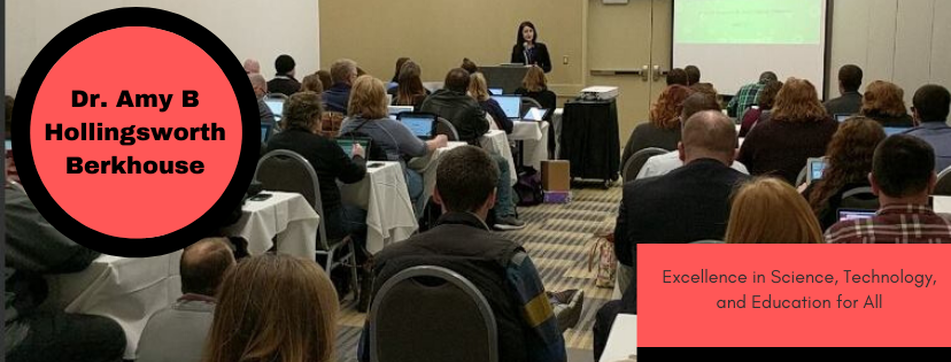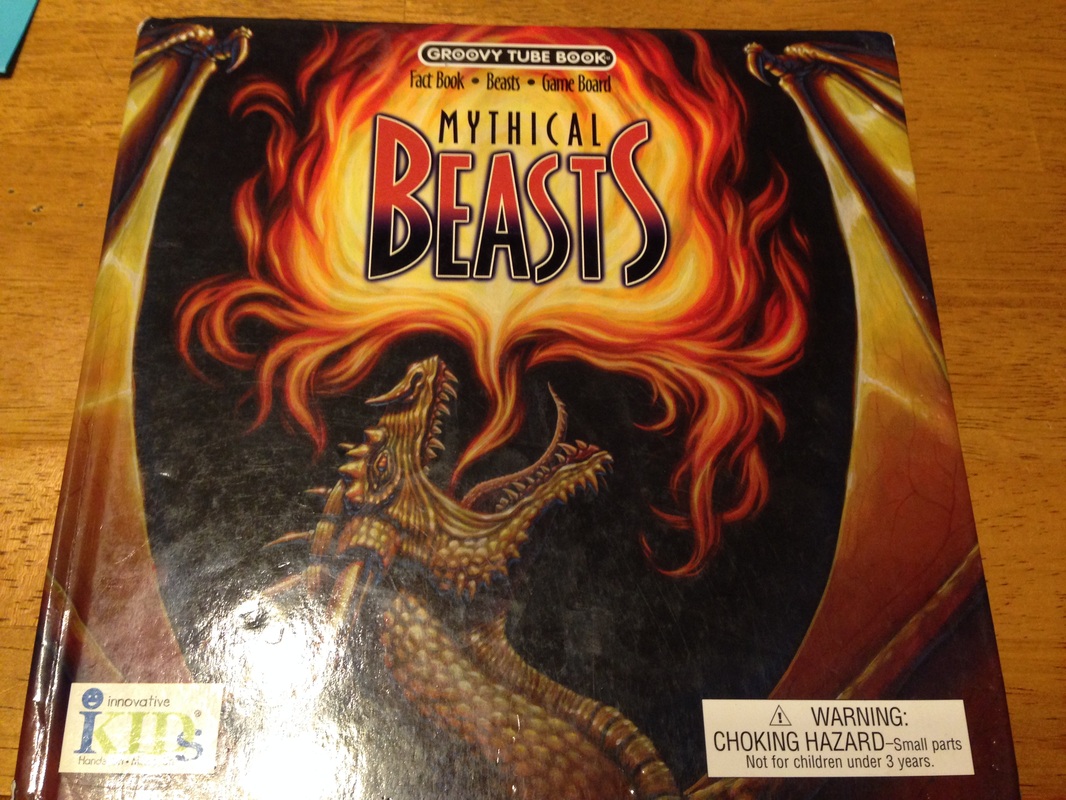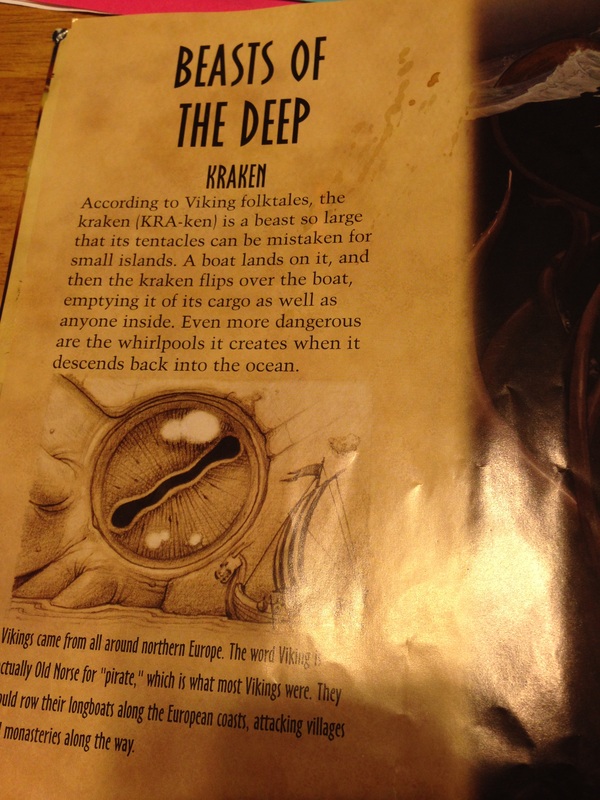Whether you believe in the creation story, or you understand the scientific theory of evolution – your mind was probably not going to be changed by the debate. If you are pro-science (and I am very pro-science, as a Biologist at a large, research university) then the words of Ken Ham were probably maddening – every point Ham made came back to “You don’t know that. You weren’t there. But God was there. We have the Bible.” Ham made assertions, not based on evidence, and made them sound like any reasonable person should just get it. Don't understand something? God did it. Can't explain that? God did it. Every possible question, Ham had an answer for, and started with that answer in mind. He looked cool, calm, and confident, with his one answer that explains everything. Nye used scientific evidence like a pro, discussing ice cores, radio-dating, trees older than Ham thinks the Earth is, Neanderthal skulls, and the fossil record. Listening to Ham explain it all away – complete rejection of the data, explaining that historical science is different than observational science because God says so – was enough to make you throw the screen across the room. How can someone like Ham get it so wrong, we scientists wonder?
So, as a Biology teacher, I've run into the student who has told me, “I don’t believe anything you say. I’m only in this class because I have to be. I believe in God, end of story.” Even answering all their questions cannot get them to “change their minds.” (This is one of the best articles I’ve read about challenging creationists’ questions, but the title is a bit inflammatory) Over the years, I’ve run into probably a hundred versions of this very statement, even from fellow science teachers! I’ve had moments when I’ve seen fellow scientists call Christians flat-out stupid. I’ve seen scientists' exasperation when “no, 6000 years. Bible says so.” is repeated as “proof.” And in all of my readings on how to make people understand evolution as “very gradual change over time,” I know that all the evidence I provide will not FORCE a person to give up their SOUL – so I’ve had to become an ally, instead of the enemy. I am a scientist who believes you can both be a faithful Christian, and an educated scientist, because religion and science are two different, but not incompatible, ways of knowing about our world. I would like to implore to scientists that they understand the worldview of Christians, and stop giving them such a hard time. Keep calm, science on.
I am upfront with my students that I believe in God. I am also upfront that I believe that science is the way we know about the natural world around us. And then, I go on to teach about the nature of science. I discuss how the Galapagos and Hawaiian island chains were formed. I describe how scientists have studied DNA and genome sequencing, what homologous structures are, how fossils form, how we know how old fossils are, and the science of embryology. I also describe how science works – that we take all the evidence, and use it to formulate an understanding of how the world works. Religion is an entirely separate way of knowing – it starts with an end in mind, an all-powerful God – and works back from that. I personally have had moments in my life that make me “know that God exists.” I have no doubt in my mind. I have faith. My faith does not interfere with my science, and my science doesn't interfere with my faith. In fact, I think one compliments the other. When scientists freak out (which was something that Bill Nye did not do, which is impressive) we alienate Biblical believers from ever understanding science, which hurts science. By making creation the forbidden fruit, we make it something to cling to, and reject science over.
What is the harm in believing in God? What is the harm in believing in the kraken or the chupacabra? There is none. Believing in God gives spiritual guidance to Christians’ lives, and the teachings of Jesus are a moral guidance. Believing in the kraken reminds Norwegians of the power of the ocean, and to be responsible fisherman. Believing in the chupacabra keeps little children in line, listening to their parents. Religions have been used throughout the history of man to guide the actions, both good and bad, explain the soul, describe where we go after we die, and explain how we should act towards our fellow man. Whatever your religion, I, as your teacher, should respect it. And you, as my student, should give me the respect to understand how the discipline of science explains the natural world. So, why should science be taught in schools, and religion be taught outside of school?
There are a multitude of religions. There are even variations of major religions – some Christians say you can be pro-choice, some take objection to homosexuality, Young Earth creationists say the Earth is only 6000 years old – and I’m sure the same is true for Muslims, Jewish people, Buddhists, Native Americans, etc. Religions vary by region, by denomination, and by culture. Scientists would never openly attack a Native American in the classroom - so why do we do it to Christians? Pick up an intro to Biology textbook. There are virtually no introductory Biology texts that give any credence to creationism, because creationism is not science. Even though university research scientists may believe in God, they are not teaching God as science, because that is not how science works. The fact that there are middle school science teachers and high school Biology teachers – like Ken Ham, who was a high school science teacher – that are teaching creation as science, indicates an alarming problem in education. There is an entire group of science teachers who cannot differentiate science from religion. How can a science teacher not understand enough about the natural world and how science works, to give supernatural phenomenon credence in a science class? That would be analogous to your Biology teacher warning you not to cheat on your test, or a chupacabra would suck out all your blood in the middle of the night. Mythical beasts do not lend themselves to sound science. If you teach one supernatural story to your students, then you have to teach them all. And imagine what a nightmare that would be. How would you feel if public tax dollars were spent to introduce your child to Pagan, Wiccan, or Heathen creation stories, or to the Greek creation myths (think Zues, Gaia, and Choas) as scientific fact?
Some people said it was a bad idea for Nye to debate Ham – it makes it look like there are two equal sides debating – and there aren’t. Just because Ham found five “creation scientists” to make youtube videos, doesn’t mean there are an equal number of evolutionists versus creationists. There are plenty of scientists who believe in God – some of the most faithful people, like myself, believe in God – but who also understand that the Bible is not a science book. Chemistry, physics, geology, astronomy, medicine, and biology all work together as disciplines to explain the natural world. Though scientists may debate the exact mechanisms for evolution, almost no scientist doubts there has been very gradual change in organisms over a very long period of time, billions of years.
Does this really come down to a “teaching religion in the science classroom” agenda? 92 percent say Bill Nye won the debate in Christian Today poll. Because I believe that most Americans understand that the people who wrote the Bible, inspired by God, also were not scientists. They described the world around them with the best understanding of how things worked that they had, at that point in time. Fishermen described the kraken, as a way of understanding the ocean. Latin Americans used the chupacabra as a way of understanding unknown phenomenon. And my son and I settle in to read about mythical beasts, and he understands that these people weren’t stupid – they were using stories to explain the natural world. Many years later, science has helped us understand the Earth in new ways. Just as DNA fingerprinting has allowed over 312 convicted criminals to be exonerated based on the evidence, we learn that eye witness claims cannot always be trusted. The people who were eye witnesses to the Biblical tales did the best they could, but now new evidence has arisen. Evidence, at the end of the day, is what science is all about.





 RSS Feed
RSS Feed
